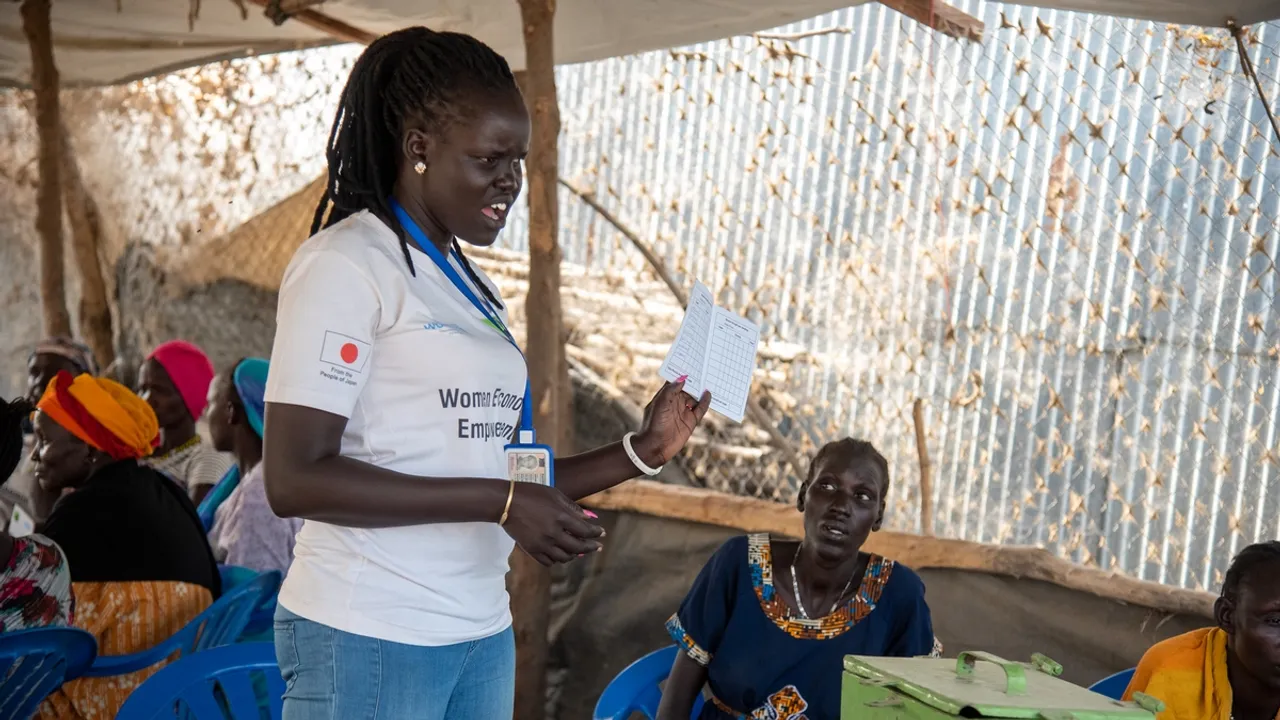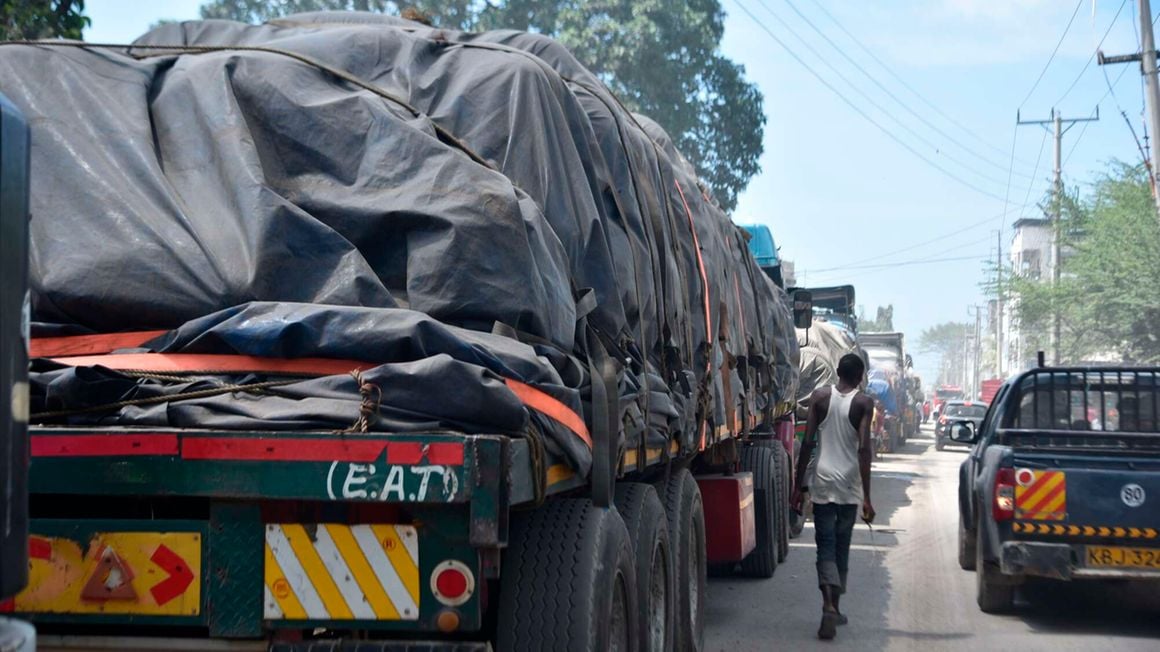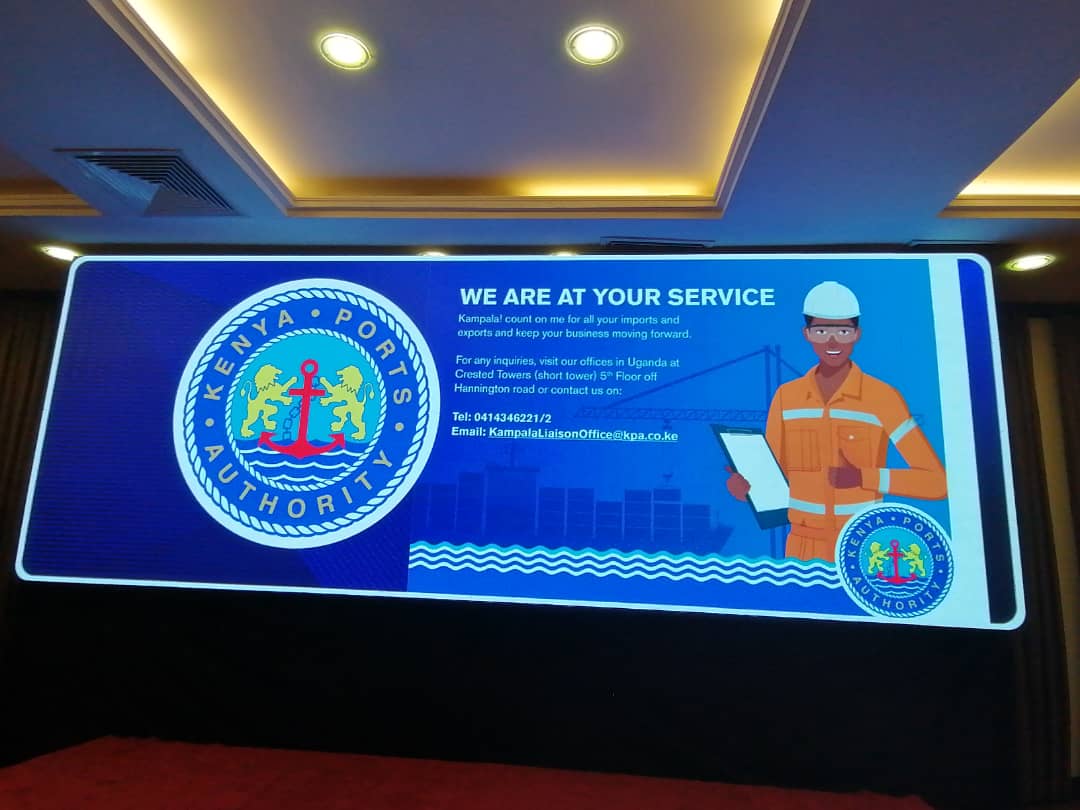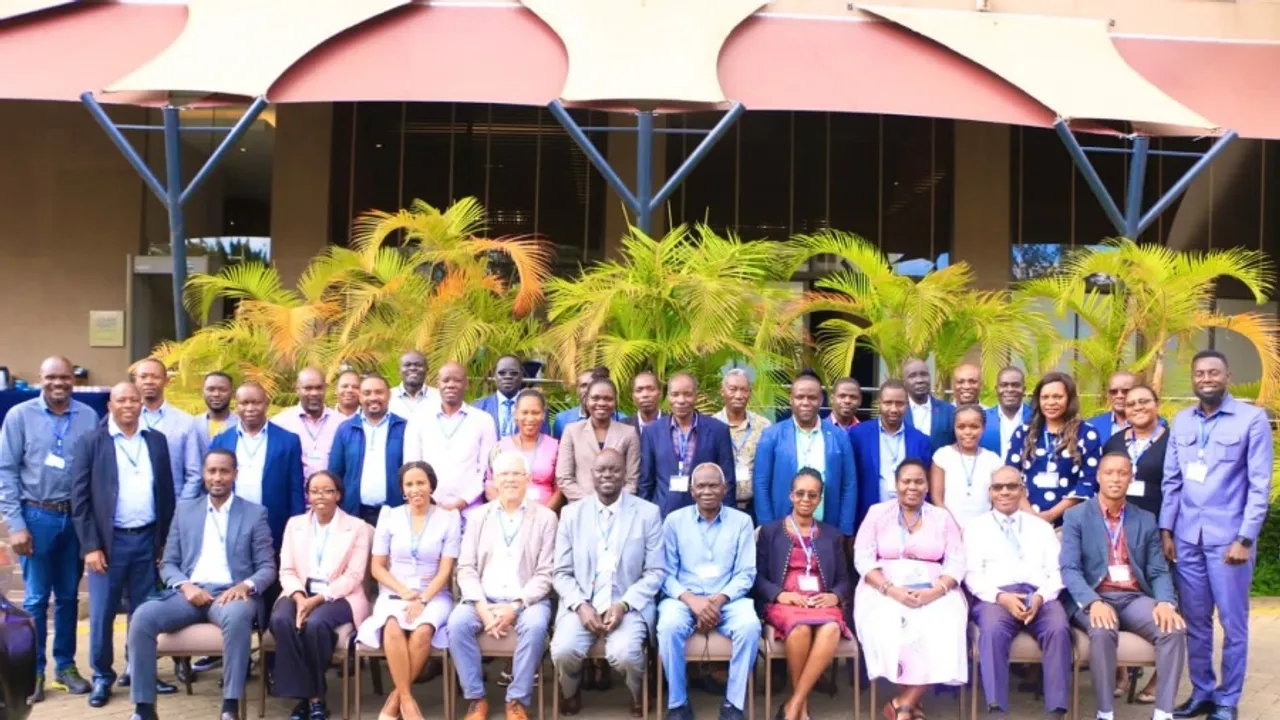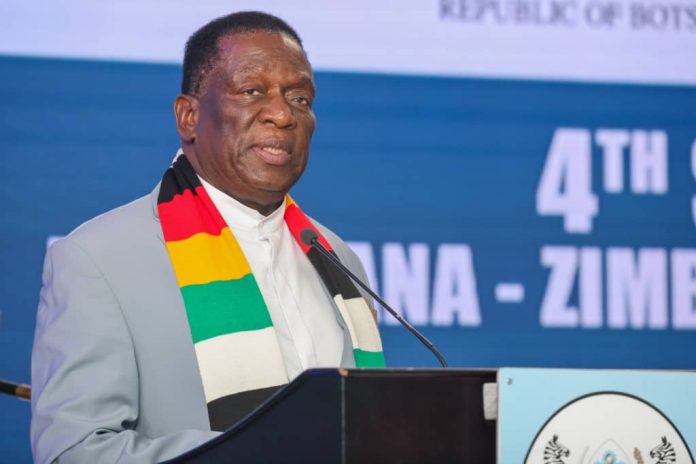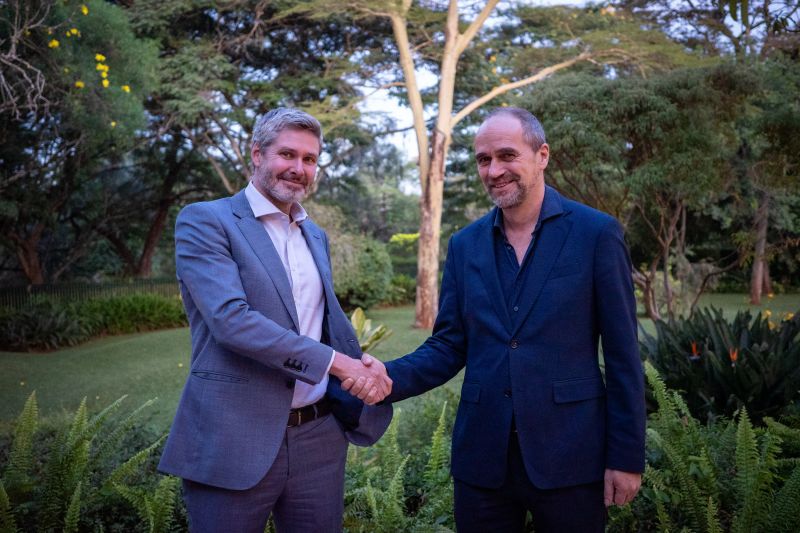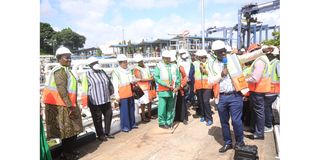Explore how the AfCFTA protocol, guided by Dr. Maxime Houinato, is breaking barriers and empowering women traders in East and Southern Africa through gender-responsive economic policies. In the bustling markets of East and Southern Africa, a revolution is quietly unfolding, spearheaded by the African Continental Free Trade Area (AfCFTA) and championed by Dr. Maxime Houinato of UN Women. Amid the vibrant chaos of commerce, an innovative protocol emerges, designed to weave gender equality into the fabric of trade, promising an era of inclusivity and empowerment for women traders. Challenging the Status Quo For too long, women in trade have navigated a labyrinth of challenges, from the menace of violence in informal trade sectors to the persistent plague of income inequality. The AfCFTA, under the guidance of Dr. Houinato, is poised to dismantle these barriers. Inspired by the Beijing Platform for Action and the Maputo Protocol, the newly adopted protocol is not merely a policy document but a beacon of hope. It aims at ensuring fair wages, providing social safety nets, and removing barriers that hinder women's full participation in trade. Integrating Gender Equality into Economic Policies The importance of integrating principles of gender equality into the economic policies of the AfCFTA cannot be overstated. This approach not only supports the rights of women but also promotes sustainable development across the continent. By focusing on measures that support caregiving duties and bridge the income gap, the protocol aims for an equitable distribution of the benefits of economic growth. The emphasis on gender-responsive...
Empowering Women in Trade: AfCFTA’s New Protocol Aims to Break Barriers in East and Southern Africa
Posted on: February 23, 2024
Posted on: February 23, 2024

